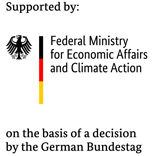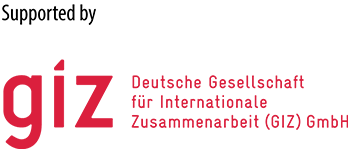Executive Summary
The struggle to combat global environmental degradation and the progress in including socioeconomically marginalised communities in global value chains are both fundamentally dependent on small and medium-sized enterprises (SMEs). Frequently coined as the “backbone” of countries’ economies due to their contribution to global employment and GDP (Alibhai et al. 2017), SMEs can deliver environmental and social impact on the ground by alleviating communities from poverty and equipping them with capacities to engage in environmentally sustainable behaviour. SMEs achieve this through their local rootedness in highly vulnerable communities and the involvement of such groups into their value chains (SEED 2021).
As a sub-group of SMEs, eco-inclusive enterprises specifically focus on providing socially inclusive and environmentally sustainable impacts through their business activities. While these enterprises have received increasing attention from economic development actors, climate and broadly environmentally focused organisations as well as business development supporters in recent years; their specific business journeys and characteristics remain only insufficiently investigated in previous research.
In this primary edition of a series of reports, we illuminate the black box of eco-inclusive entrepreneurship by providing readers with a first-of-its-kind comprehensive typology on eco-inclusive enterprises. Our contribution encompasses a categorisation of different types of eco-inclusive SMEs, as well as a comparative analysis of their characteristics and differences. The typology and analysis are informed by over 20 years of supporting more than 1000 eco-inclusive entrepreneurs across Asia, Africa and the Americas, and enriched by 36 in-depth interviews we conducted with nine SEED Awards Winners or Finalists between June 2020 and June 2021.
Copyright © 2025 All rights reserved




